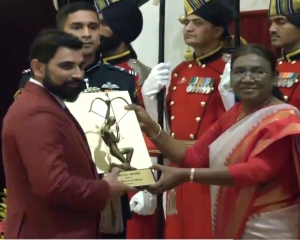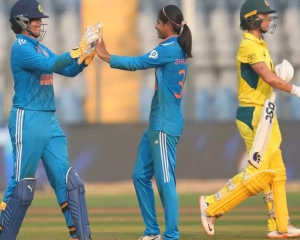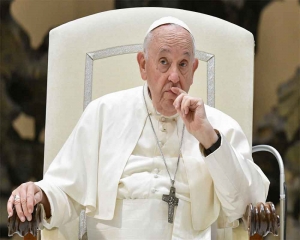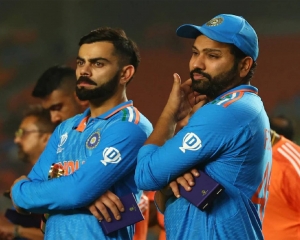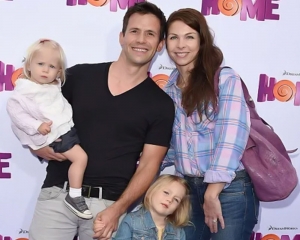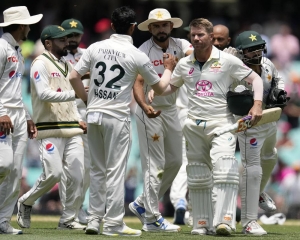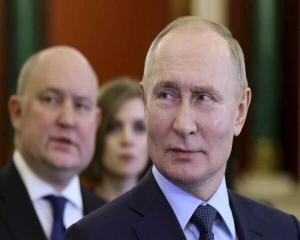Pope Francis called Monday for a universal ban on the “despicable” practice of surrogate motherhood, as he included the “commercialisation” of pregnancy in an annual speech listing threats to global peace and human dignity. In a foreign policy address to ambassadors accredited to the Holy See, Francis lamented that 2024 had dawned at a time in history in which peace is “increasingly threatened, weakened and in some part lost.”
Citing Russia’s war in Ukraine, the Israel-Hamas war, migration, climate crises and the “immoral” production of nuclear and conventional weapons, Francis delivered a lengthy laundry list of the ills afflicting humanity and the increasing violation of international humanitarian law that allows them. But Francis also listed smaller-scale issues that he said were threats to peace and human dignity, including surrogacy. Francis said the life of the unborn child must be protected and not “suppressed or turned into an object of trafficking.” “I consider despicable the practice of so-called surrogate motherhood, which represents a grave violation of the dignity of the woman and the child, based on the exploitation of situations of the mother’s material needs,” he said.
Saying a child is a gift and “never the basis of a commercial contract,” he called for a global ban on surrogacy “to prohibit this practice universally.”
Francis has previously voiced the Catholic Church’s opposition to what he has called “uterus for rent,” and some European countries prohibit it, including Spain and Italy. At the same time, however, the Vatican’s doctrine office has made clear that homosexual parents who resort to surrogacy can have their children baptized.
In his geopolitical roundup, Francis singled out Russia by name in noting that “large-scale war waged by the Russian Federation against Ukraine” had ground on. It marked an unusual break with Francis’ usual tendency to spare Moscow direct, public blame for the invasion when expressing solidarity with the Ukrainian people.
Francis was more balanced in his lament of Israel’s ongoing war in Gaza, condemning Hamas’ October 7 assault on southern Israel “and every instance of terrorism and extremism.” At the same time, he said the attack provoked a “strong Israeli military response” that had left thousands dead and created a humanitarian crisis in Gaza. He called for an immediate cease-fire, including in Lebanon, the liberation of hostages held in Gaza, and reiterated the Holy See’s position seeking a two-state solution for Israel and the Palestinians and an internationally guaranteed special status for Jerusalem.
In other comments, Francis:
— Lamented various humanitarian and refugee crises in Africa, and without naming names blasted military coups and elections in several African countries marked by “corruption, intimidation and violence.”
— Called for a “respectful diplomatic dialogue” with the Nicaraguan government to resolve what he called a “protracted crisis.” The government’s crackdown on the Catholic Church has resulted in the detention of dozens of priests and bishops. The government has accused the church of aiding popular protests against his administration that he considered an attempted coup.
— Called for the resumption, as early as possible, of Iran nuclear talks “to ensure a safer future for all.” Last month, the International Atomic Energy Agency said Iran had increased the rate at which it is producing near-weapons-grade uranium, reversing a previous slowdown.
Francis also said that the “manufacturing” of nuclear weapons was just as immoral as the possession and use of them. Francis has already changed church teaching to include the possession of nuclear weapons as inadmissible, but on Monday included the production of such weapons as part of his overall criticism of the weapons industry.
“Perhaps we need to realize more clearly that civilian victims are not collateral damage’ (of war) but men and women, with names and surnames, who lost their lives,” he said. “They are children who are orphaned and deprived of their future.”






